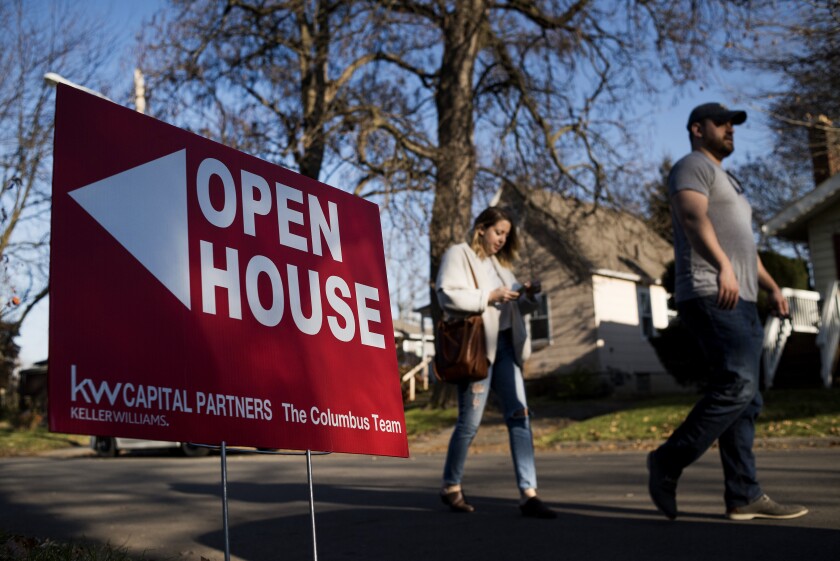Lenders pushed back against the notion that city dwellers' pandemic-driven flight to suburbia would hurt them. They say fewer landlords have sought deferrals as vacancy rates remain low and rent collections have stabilized.
Lenders initially won't be able to pass on the cost of the Federal Housing Finance Agency's "adverse market fee" to borrowers whose rates on GSE-backed mortgages and refinances are already locked in.
The pressure is on the fintech, which helps banks make digital loans, to stanch its losses and show its lofty market valuation was deserved.
Lenders need to use alternative data as an overlay to traditional underwriting methods to help creditworthy customers in hardship because of the coronavirus crisis.
A subprime-related settlement between the government and Deutsche Bank provided meaningful benefits to some U.S. consumers in need, according to a new report. But the author acknowledged that those gains could prove illusory for some consumers given the coronavirus crisis.
The Internal Revenue Service is extending timelines for performing some of the actions associated with the low-income housing tax credit and bonds for qualified residential rental projects to give businesses more time during the COVID-19 pandemic.
Borrower relief is necessary in a national emergency, but if the exclusion of the deferred loans from troubled-debt restructurings is extended past the end of the year, safety and soundness could be compromised.
Lawmakers shouldn't let themselves be misled by a slower pace in personal bankruptcy filings so far this year.
One segment of the market, at least, has proved more resilient than many feared early on in the crisis.
Banks would be wise to dust off their Great Recession playbook and shed nonperforming loans while growing through M&A.


















